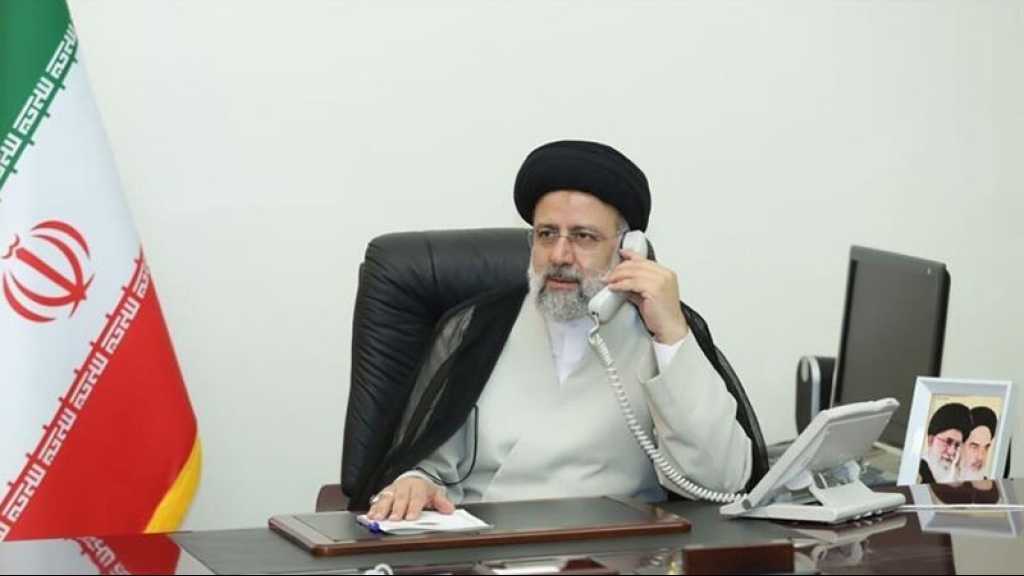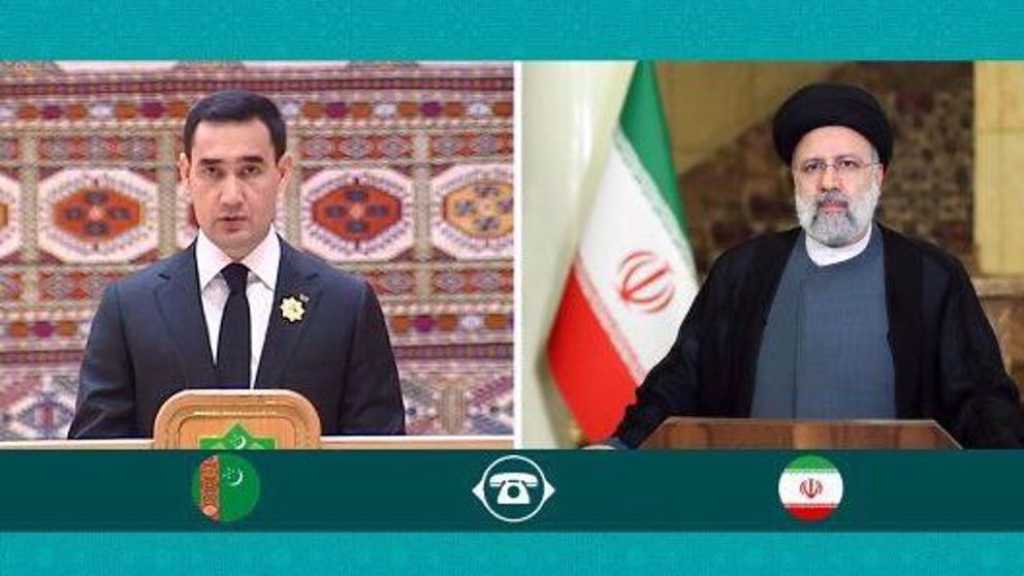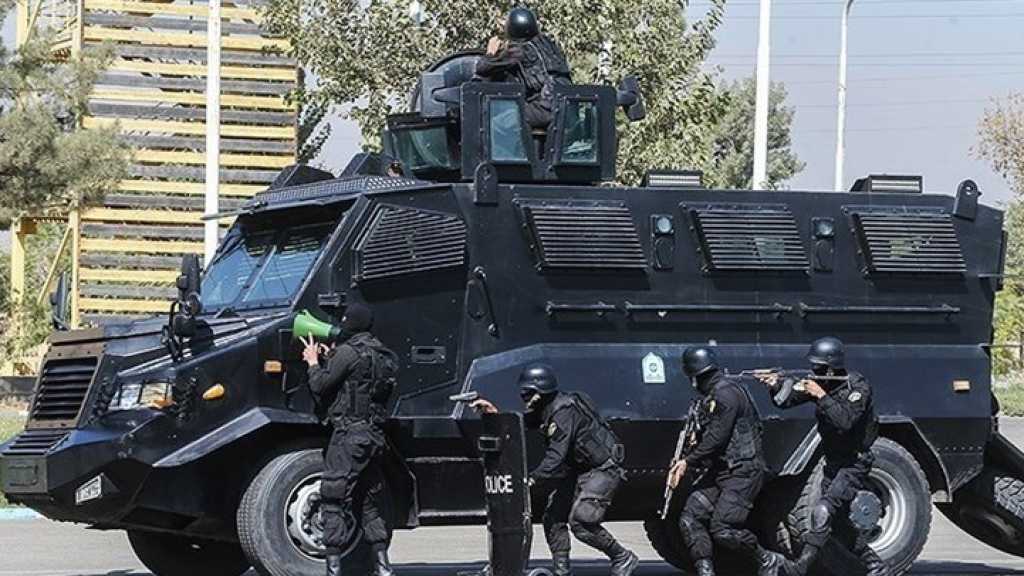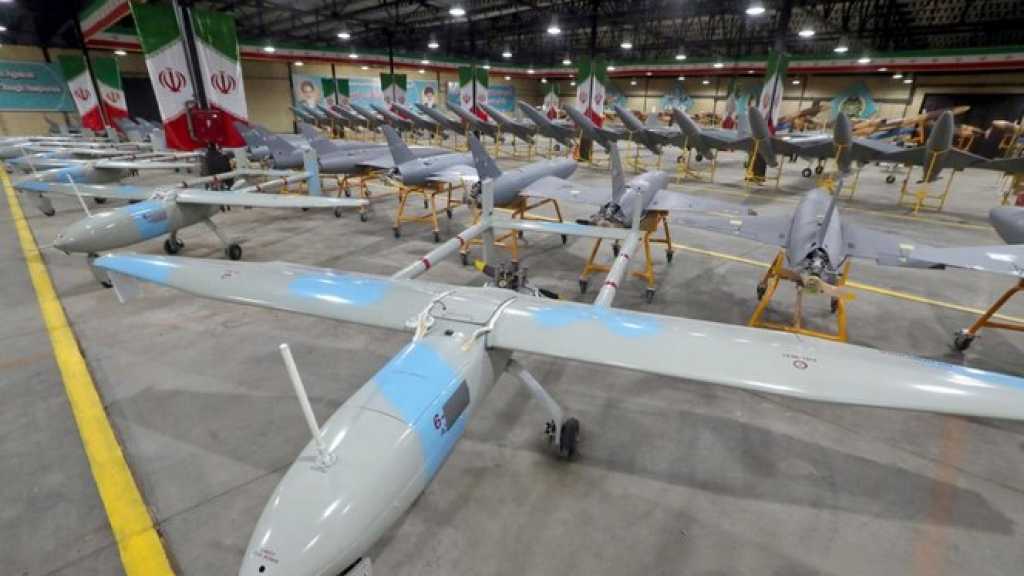
IAEA: Iran Starts Uranium Enrichment with 4th Cascade of Advanced Machines
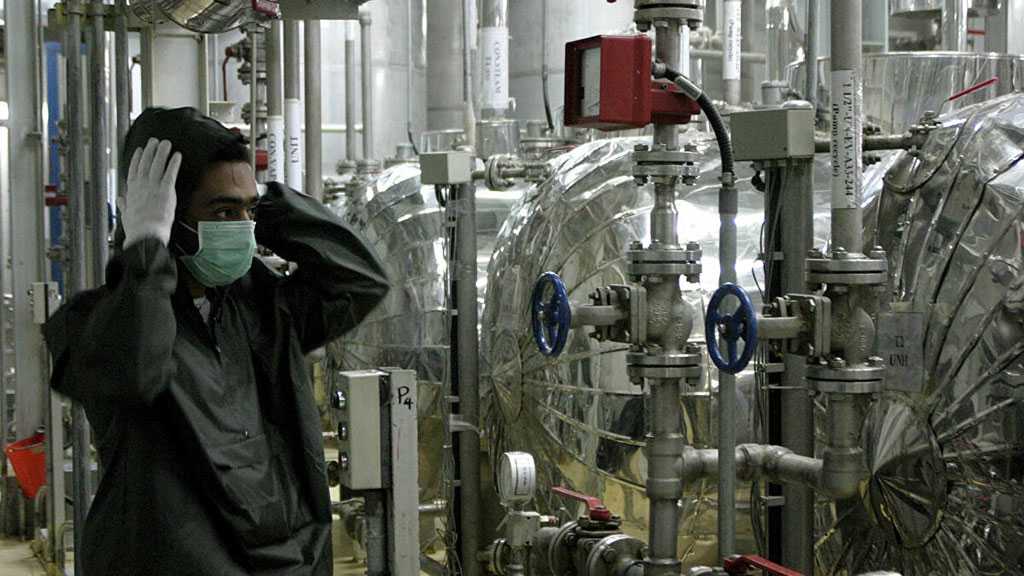
By Staff, Agencies
A new report by the International Atomic Energy Agency [IAEA] announced that Iran has begun enriching uranium with the fourth cascade of advanced IR-2m machines at its Natanz plant.
Iran has already increased the number of its IR-2m machines, which are far more efficient than the IR-1, at the Natanz plant.
The UN nuclear agency reported on March 8 that Tehran had begun enriching uranium with the third cascade of advanced IR-2m centrifuges at its Natanz nuclear facility.
The move is the latest of several steps taken by Iran in suspending its commitments under the 2015 nuclear deal, known as the Joint Comprehensive Plan of Action [JCPOA], which was abandoned by the United States in 2018.
As a response to the US withdrawal and its subsequent imposition of sanctions, Iran began in 2019 to reduce its nuclear obligations under Article 6 of the JCPOA, citing the other signatories’ failure to fulfill their obligations enshrined in the historic accord.
“On 31 March 2021, the Agency verified at FEP [Fuel Enrichment Plant] that: Iran had begun feeding natural UF6 into a fourth cascade of 174 IR-2m centrifuges,” read the report dated Wednesday and obtained by Reuters on Thursday.
Iran had informed the IAEA of its plans to use six cascades of IR-2m machines to enrich uranium, the report said, adding that the remaining two cascades were installed but not yet enriching.
“In summary, as of 31 March 2021, the Agency verified that Iran was using 5,060 IR-1 centrifuges installed in 30 cascades, 696 IR-2m centrifuges installed in four cascades and 174 IR-4 centrifuges installed in one cascade to enrich natural UF6 up to 5% U-235 at FEP,” added the report.
On March 15, IAEA Director General Rafael Grossi said that Iran had “begun feeding a newly installed cascade of 174 IR-4 centrifuges” to enrich uranium hexafluoride gas up to 5 percent purity.
Iran has also indicated that it now plans to install a second cascade of IR-4 centrifuges at the FEP but the installation of that cascade has yet to begin, the report added.
Meanwhile, the European Union issued a statement later on Thursday, announcing that officials from the remaining participants to the JCPOA, including Iran, China, Russia, France, Germany and Britain, will meet through videoconference on Friday to discuss the possible return of the US to the deal.
"Participants will discuss the prospect of a possible return of the United States to the JCPOA and how to ensure the full and effective implementation of the agreement by all sides," the statement added.
It further noted that the meeting will be chaired by Deputy Secretary General and Political Director of the European External Action Service Enrique Mora.
Two diplomatic sources said Britain, France and Germany had already held talks with Iran on Monday.
Meanwhile, France's foreign ministry spokeswoman told reporters in a daily briefing that the European powers were working closely with Russia and China to find a solution to the deadlock and have been talking with both Tehran and Washington.
"These exchanges are more than necessary because Iran has not accepted to take part in direct contacts between the other participants of the JCPOA and the United States ... which would have eased discussions," spokeswoman Agnes von der Muhll said.
